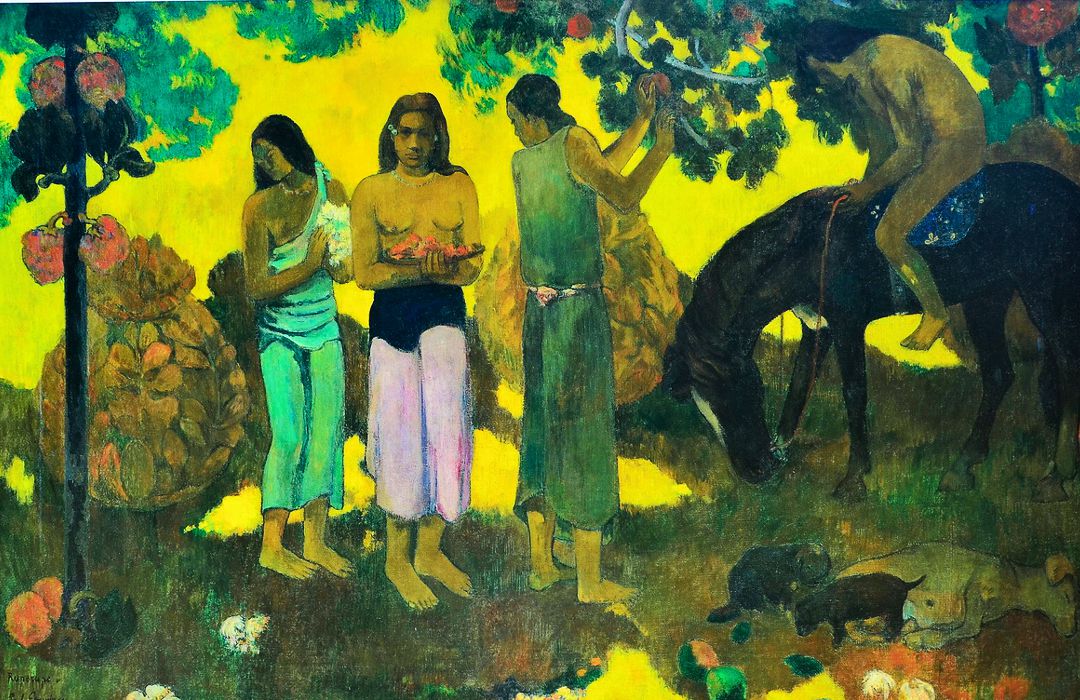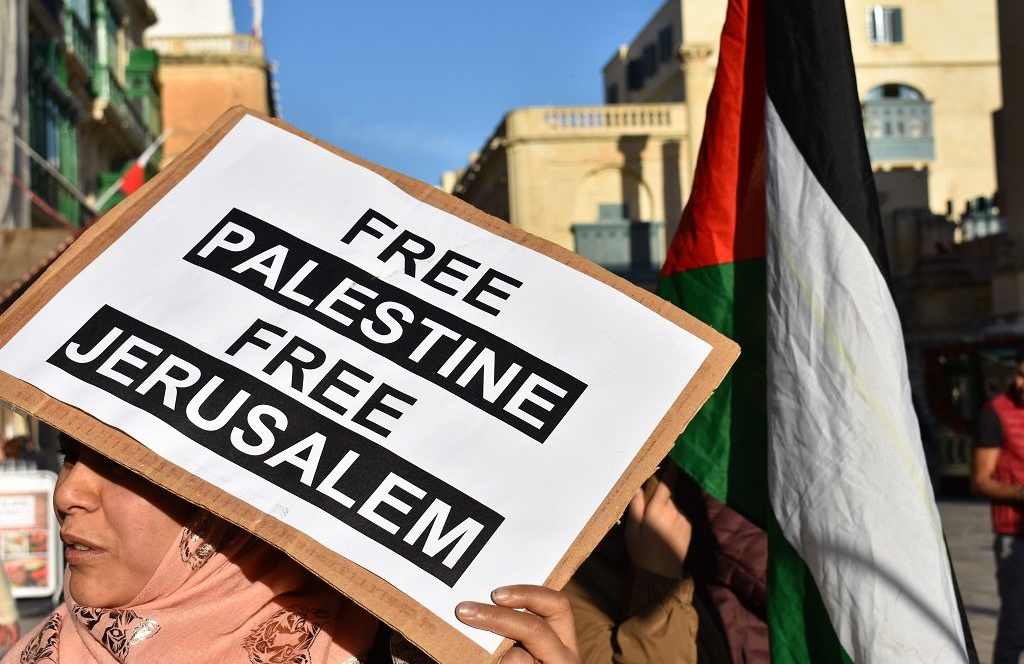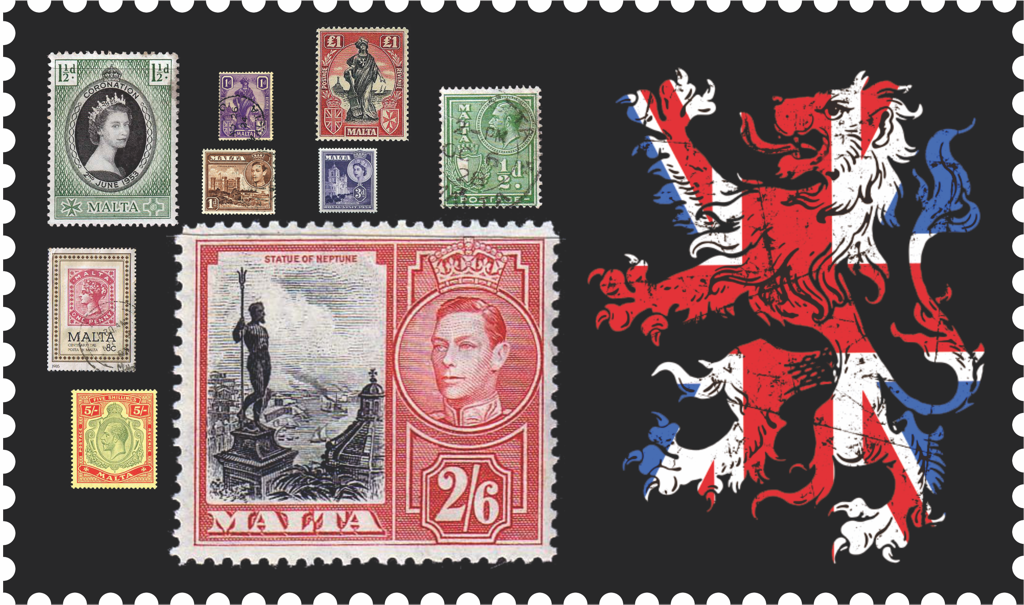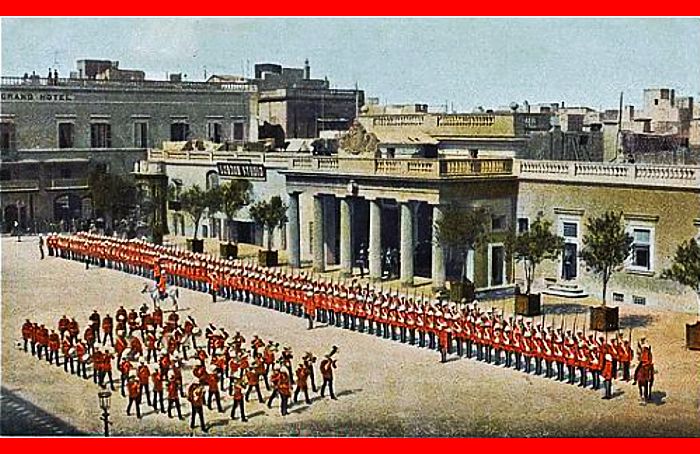
colonialism
Displacing the Natives in Early British Malta: Bastion Burials, Tournaments and Gibbets
As British colonial rule successfully employed various tactics to legitimize its control over the Maltese fortifications, so the needs of the civilian Maltese inhabitants living within these fortifications were progressively subordinated to those of the island fortress.
Criticism of Israel or Anti-Semitism? A Guide to the Most Common Fallacies

In order to determine the presence of anti-Semitism in discourse and actions concerning Israel, we need to make our way through the lies and logical fallacies surrounding this issue.
[Read more…] about Criticism of Israel or Anti-Semitism? A Guide to the Most Common Fallacies
How British Colonial Rule Took Advantage of the Maltese Carnival

It was through their ‘tolerance’ of Carnival and other Catholic rituals, that the British aimed to freeze the flow of time in order to actively prevent social change from taking place in Malta.
[Read more…] about How British Colonial Rule Took Advantage of the Maltese Carnival
The Top 10 Stories of 2018

The year 2018 has been both challenging and exciting. Here are a few stories, best-loved by our readers and editors, which delve into Malta’s most discussed and pertinent issues of 2018.
The ABCs of Malta

Malta is a culturally diverse country with a complex social and political sphere—the fact which might come across as unexpected of an island state of such a minuscule size. And due to this complexity, Malta’s everyday political and social realities could be a treacherous terrain to navigate.
“The Maltese”: In Victorian Eyes

